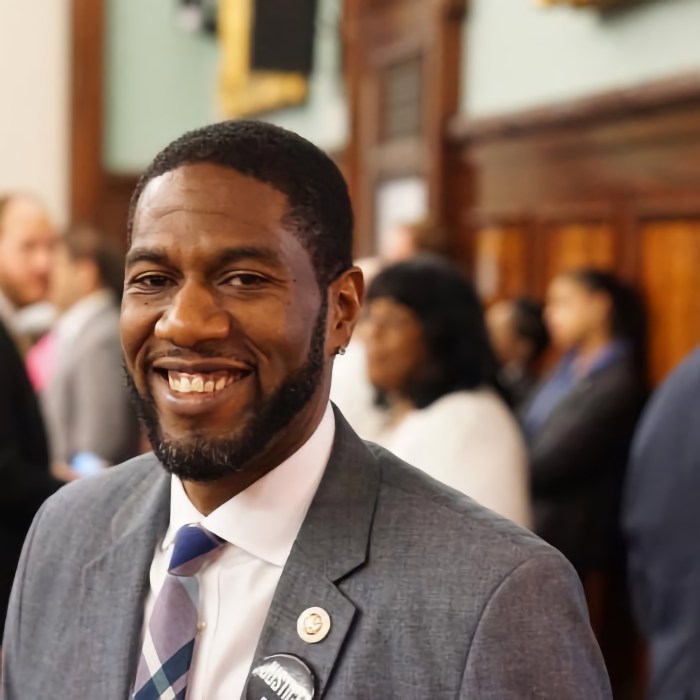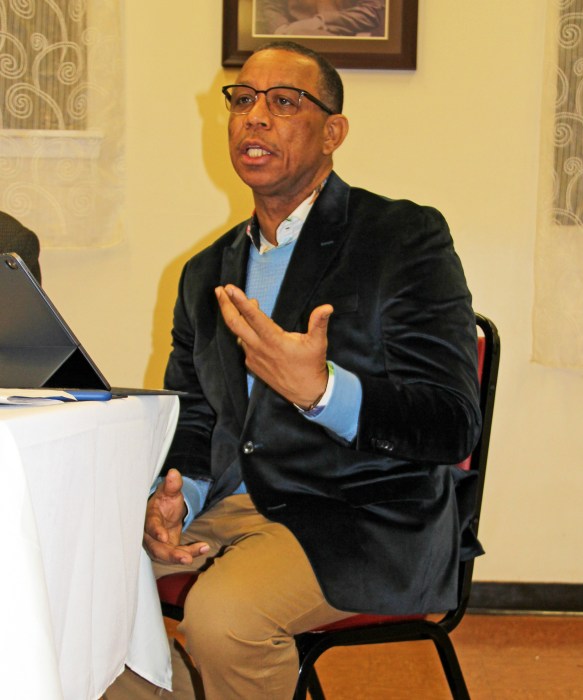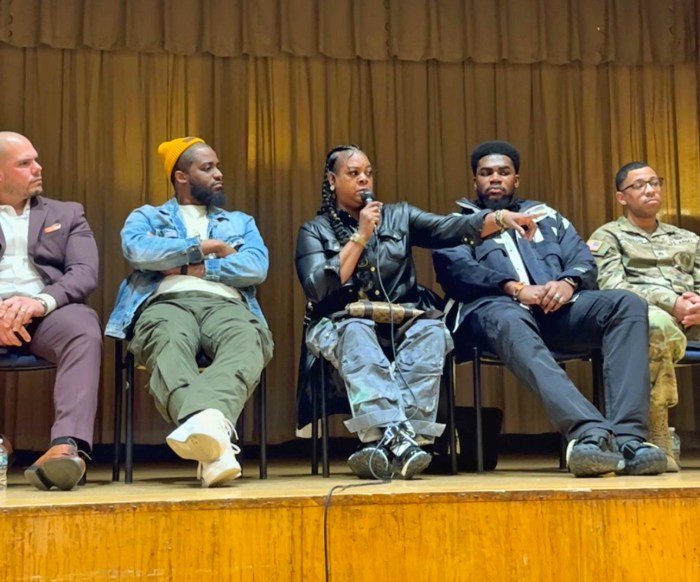The United States Supreme Court has returned a dispute over documents for young, undocumented Caribbean and other immigrants to the lower courts.
The justices indicated earlier this week that U.S. federal courts in California had moved too fast in ordering the Trump Administration to disclose documents concerning its decision to end a program — known as Deferred Action for Childhood Arrivals, or DACA — which protected some 800,000 immigrants from deportation, according to the New York Times.
In an unsigned opinion, the justices instructed the lower courts to consider the administration’s arguments on two threshold legal issues before requiring that the documents be turned over, the Times said.
It said the administration contends that its decision to end DACA was within its lawful discretion and that the courts are in any event without jurisdiction to review the matter.
“Either of those arguments, if accepted, likely would eliminate the need for the district court to examine a complete administrative record,” the Supreme Court’s opinion said.
Should the courts reject those arguments, the opinion said, they should, nonetheless, consider requiring fewer documents to be produced and allow the administration to present arguments about whether particular documents are privileged.
There were no noted dissents from Wednesday’s opinion, which appeared to be the product of compromise, the Times said, adding that it was in contrast to the Supreme Court’s first order in the case on Dec. 8, when the justices split 5 to 4 along ideological lines.
The more conservative members of the court were in the majority, and they allowed the administration to temporarily shield the documents, the Times said.
It said the dispute arose in five consolidated lawsuits in California that accused Trump administration officials of acting unlawfully when they abruptly rescinded the program. The plaintiffs include four states: California, Maine, Maryland and Minnesota.
Judge William H. Alsup of the Federal District Court in San Francisco ordered the administration to turn over internal documents concerning its reasons for canceling the program, according to the Times.
It said a divided three-judge panel of the United States Court of Appeals for the Ninth Circuit rejected the administration’s request to block Judge Alsup’s order, with the majority saying that the few documents provided by the administration had been inadequate in light of the magnitude of the decision to end the program.
In an emergency application to the Supreme Court, the solicitor general, Noel J. Francisco, asked the justices to step in, the Times said. Francisco said Judge Alsup’s order was an “extraordinary departure from bedrock principles governing judicial review of federal agency action,” given the practical burdens it imposed and in its intrusion into the administration’s internal deliberations.
In its opinion on Wednesday, the US Supreme Court noted that the administration had produced just 256 pages of documents, of which “nearly 200 pages consist of published opinions from various federal courts.”
In setting aside the Ninth Circuit’s ruling, the Supreme Court said it was not expressing any views on the merits of the dispute.
On Friday, Republican U.S. Senate Majority Leader Mitch McConnell said he’s committed to allowing a vote on a bill for DACA recipients, otherwise known as “Dreamers,” in January.
But McConnell said he sees no rush to resolve the deportation threat posed by Trump’s decision to end the program protecting Caribbean and other immigrants brought to the United States illegally as children.
“There isn’t that much of an emergency there,” he said. “There is no emergency until March. We’ll keep talking about it.”
Trump called for phasing out by March the Obama-era program that allows the young immigrants, many of them longtime residents, to get two-year deferrals of any deportation threat so they can legally attend school or work. Beneficiaries must be vetted for security purposes, according to the Los Angeles Times.
Trump told the US Congress to come up with a legislative alternative for DACA, which President Obama created by executive order, to protect those currently eligible.
A bipartisan Senate group has been working with the White House, but talks stalled this week amid administration demands for curbs on legal immigration flows in exchange for protecting the DACA recipients, the Los Angeles Times said.
Dreamers and immigrant advocates stormed the Capitol on Thursday pressing for the help promised by Trump and Democratic congressional leaders that failed to materialize in the year’s final legislation.Advocacy groups say more than 120 immigrants each day are falling out of compliance without DACA renewals, putting them at risk of deportation. The number that is projected to swell to more than 1,000 a day in March, the Lost Angeles Times said.
“We’ve been gridlocked on this issue for years,” McConnell said. “We want to have a signature. We don’t just want to spin our wheels and have nothing to show for it.”
Meantime, Catholic Archbishop of Chicago Cardinal Blase Cupich said “it would be a horrible injustice” not to give amnesty to the immigrants shielded from deportation by the President Obama-created DACA program.
In an interview with Obama political strategist David Axelrod, Cardinal Cupich said it is the responsibility of U.S. legislators to grant amnesty to DACA immigrants.
“I think it would be a horrible injustice not to fix this problem,” he said Friday. “We have 800,000 young people who came here not of their own volition but by their parents, know no other country and culture, and now to say that they’re going to be deported simply because there is a failure. To humanely deal with this issue would be a great tragedy.
“We’re fighting every day for this and trying to get this on the agenda for the House and the Senate to deal with,” Cardinal Cupich added. “It has to be fixed. And if it’s not by March, we’re going to have thousands of young people every week who are going to be liable for deportation, and the government has the information on them. That should not be.
“We have to rise up and make sure that we do not allow this to happen,” he urged. “This problem should be fixed. And as far as I’m concerned, there really is no alternative but to fix it right away.”

























